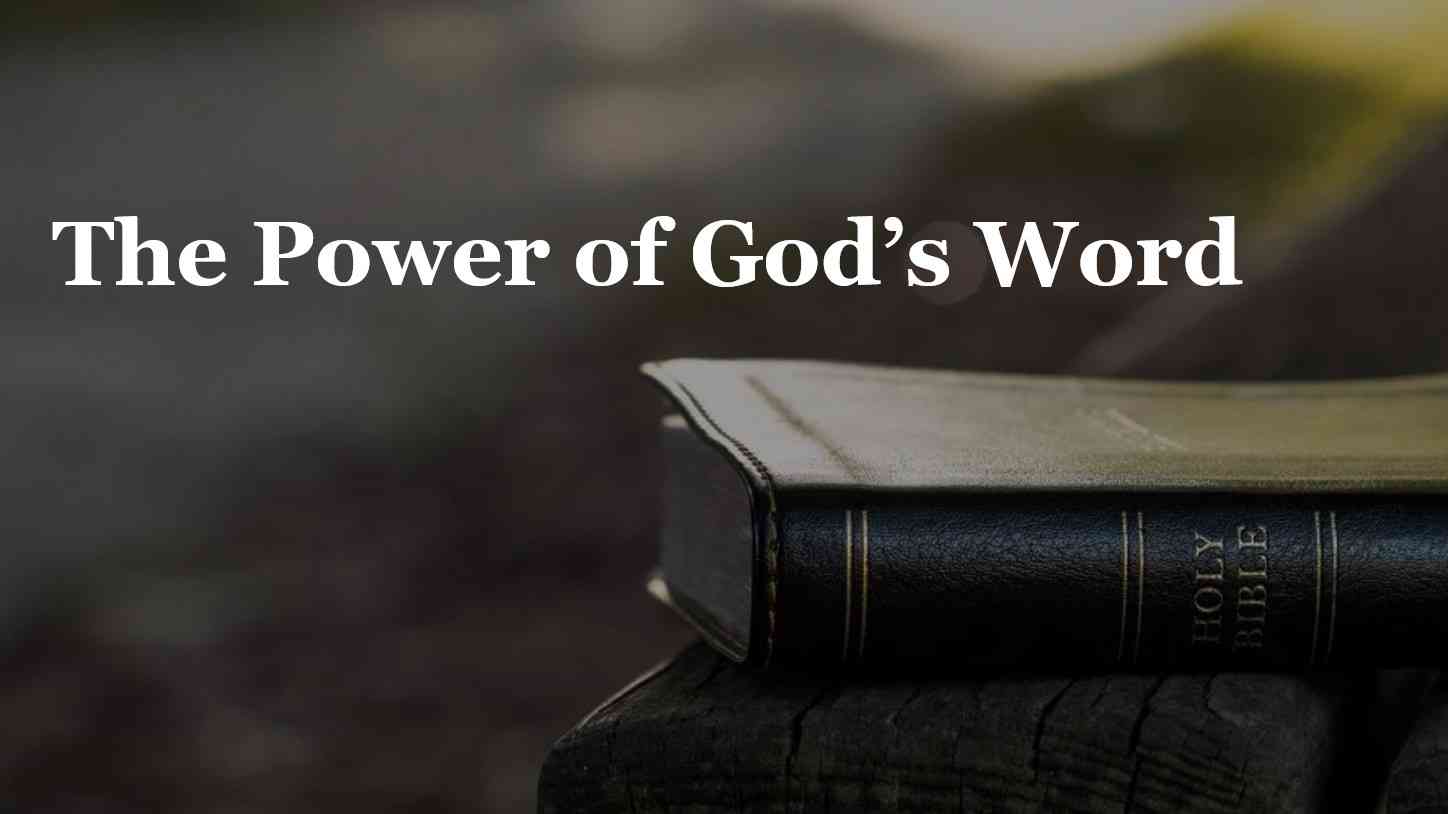
In Mark 8:15, Jesus warned His disciples, saying, “Take heed, beware of the leaven of the Pharisees and the leaven of Herod.” Leaven in Scripture represents influence — especially that which corrupts and spreads silently until it consumes the whole. When Jesus spoke of the leaven of Herod, He was pointing to the corruption that comes with power, influence, and position.
It is one thing to desire positions of leadership, but another to be entrusted with authority and remain uncorrupted by it. Many are quick to criticise those in high offices, but seldom understand the spiritual and moral weight that comes with leadership. It is easy to say, “If I were in that position, I would do better.” But would you? The truth is that power tests the heart more than poverty ever will.
Jeremiah 17:9 reminds us, “The heart is deceitful above all things, and desperately wicked: who can know it?” Often, a person only discovers the true condition of their heart when they are elevated. The same man who appeared humble in obscurity can easily become prideful and corrupt when authority is placed in his hands.
When Jesus warned of Herod’s leaven, He was warning against the political and moral compromise that comes when men pursue influence without character. Leadership is not achieved by self-effort alone; it is an appointment allowed by God. Romans 13:1 declares, “There is no authority except from God, and the authorities that exist are appointed by God.” But though God appoints leaders, some allow the systems they enter to corrupt them.
Corruption does not begin in presidential offices — it begins in homes, communities, and workplaces. It begins when small compromises are justified, when bribes are accepted as “normal,” when truth is bent for convenience. The leaven of Herod starts small, but once it enters the heart, it spreads.
We often point fingers at politicians and demand accountability, forgetting that God demands the same from us. 1 Corinthians 4:9 says, “We are made a spectacle unto the world.” Just as leaders are observed and judged, so too are we accountable before God in our spheres of influence. Whether you lead a nation, a company, or a family, the test is the same — will you remain pure, or yield to corruption?
Africa’s greatest danger is not its political leaders, but the moral compromise that thrives in the hearts of its people. Transformation will not begin from the top but from within. Revival in nations begins when individuals take responsibility for their own righteousness. Until the citizens change, no leader can truly reform a nation.
The leaven of Herod teaches us that influence can be both a blessing and a curse. It exposes the heart. When a person rises in power, every hidden weakness rises with them. Therefore, we must constantly pray, “Create in me a clean heart, O God, and renew a right spirit within me” (Psalm 51:10).
- Treasury bungles TelOne $46bn debt plan
- Bosso brighten Brito’s first game in charge
- Rhinos coach wary of improved Bulawayo City
- Dauda finds new home
Keep Reading
True leadership is not measured by how much power one possesses, but by how much integrity one maintains. To lead without being corrupted is a divine gift. God is raising leaders who will not bow to the pressures of systems, money, or status — men and women who remain faithful when power tests their soul.
Before we judge others, let us judge ourselves. Jesus said in John 8:7, “He who is without sin among you, let him be the first to cast a stone.” Corruption is not a government issue; it is a heart issue. The nation will rise when its people choose righteousness over convenience.
You are the key. You are the answer. The question is: will you overcome the leaven of Herod, or will you allow compromise to define your influence?











